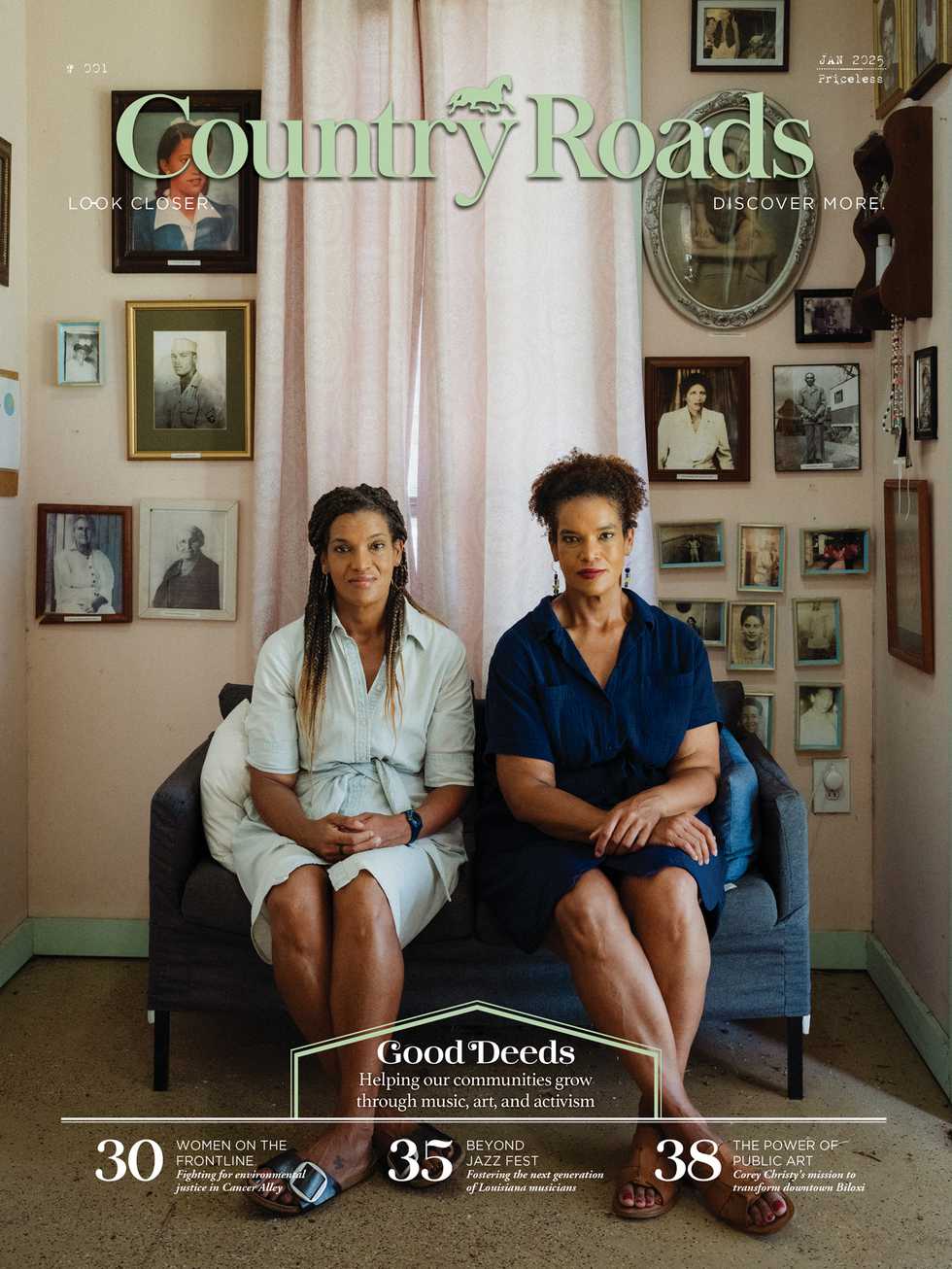
The Louisiana Art & Science Museum has recently completed an upgrade to the Irene W. Pennington Planetarium and ExxonMobil Space Theater, cementing the facility’s status as the largest and most advanced in the Southeast. The new ultra-high-contrast laser light projectors offer a clearer, sharper picture along with reliability—the projectors can run for tens of thousands of hours with no reduction in image quality. The planetarium is even more than ever a truly immersive theatre experience, transporting thrilled audiences in time and space. There’s plenty of space-related programming planned—it’s a planetarium, after all—but viewers can also look forward to programs on nature, including stunning views of national parks and a celebration of the awe-inspiring annual migration of the monarch butterflies. You won’t believe how good these programs can look… until you get in there and see for yourself.
In addition to these films, the planetarium is also looking forward to presenting Dream Big: Engineering Our World, a program that shows young people all they can do with education in a STEM field (Science, Technology, Engineering, and Math). This is the first large-screen production dedicated to showing engineers and problem-solvers making real differences in the world, and should inspire its viewers to explore fields they might not initially have considered—and in any case, to embrace the joys and rewards of lifelong learning. The museum and the planetarium will present events and activities in conjunction with Dream Big to enrich and reinforce the lessons.
The planetarium will get a special chance to shine this summer as we all await the Great American Solar Eclipse that will take place August 21. A band of the United States from Oregon to South Carolina will see the sun completely disappear; in Baton Rouge, it may only appear to be a dimmer day, but by using the safe solar viewing techniques the planetarium will present this summer, residents can still get a glimpse of this awe-inspiring celestial display. Eclipse-related programming will take place all summer at the planetarium, with special programs for younger children and safe viewing glasses available. For the record, do not look directly at the sun without solar-viewing equipment.
For more information and showtimes, visit http://www.lasm.org/planetarium/about-planetarium.

